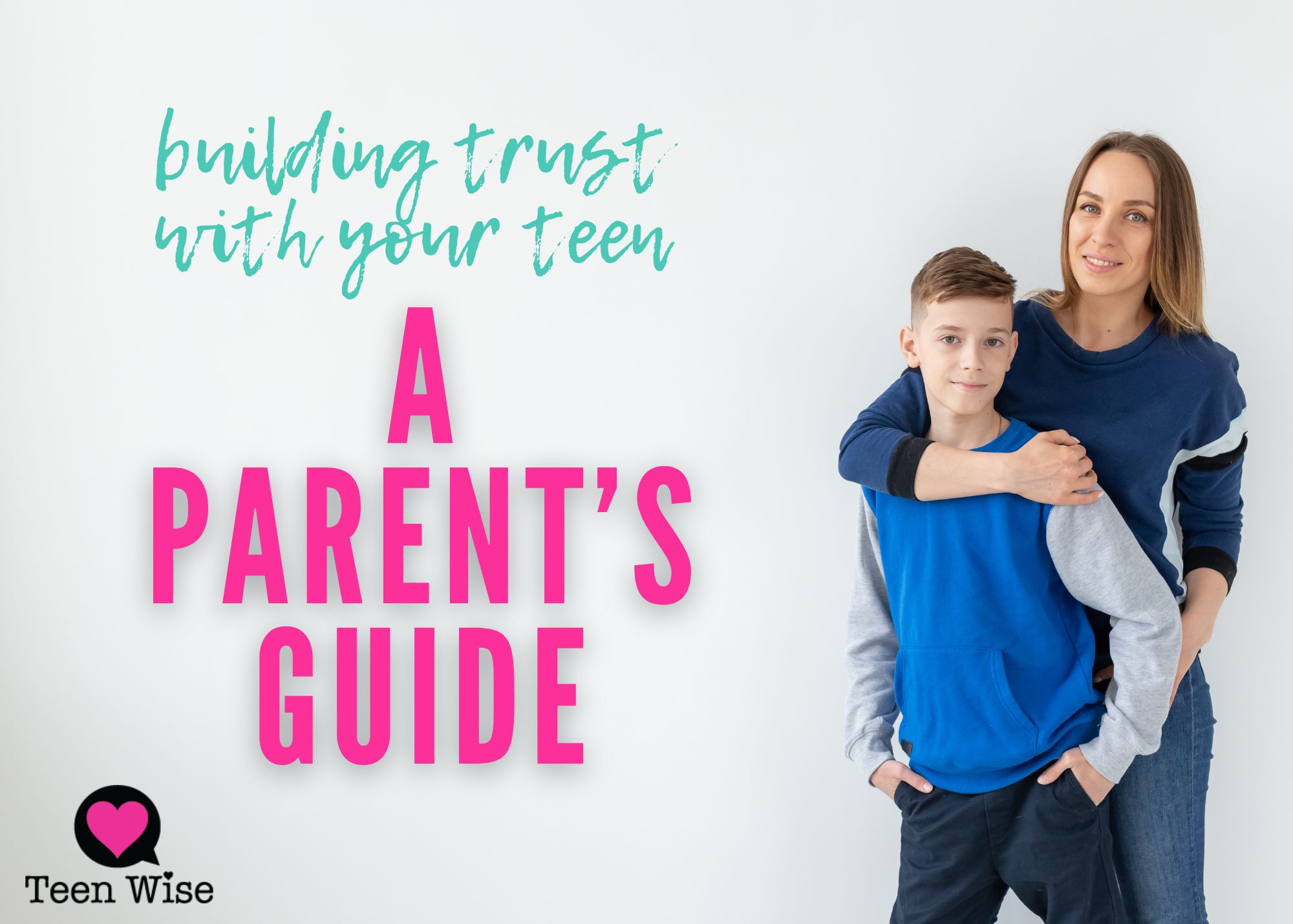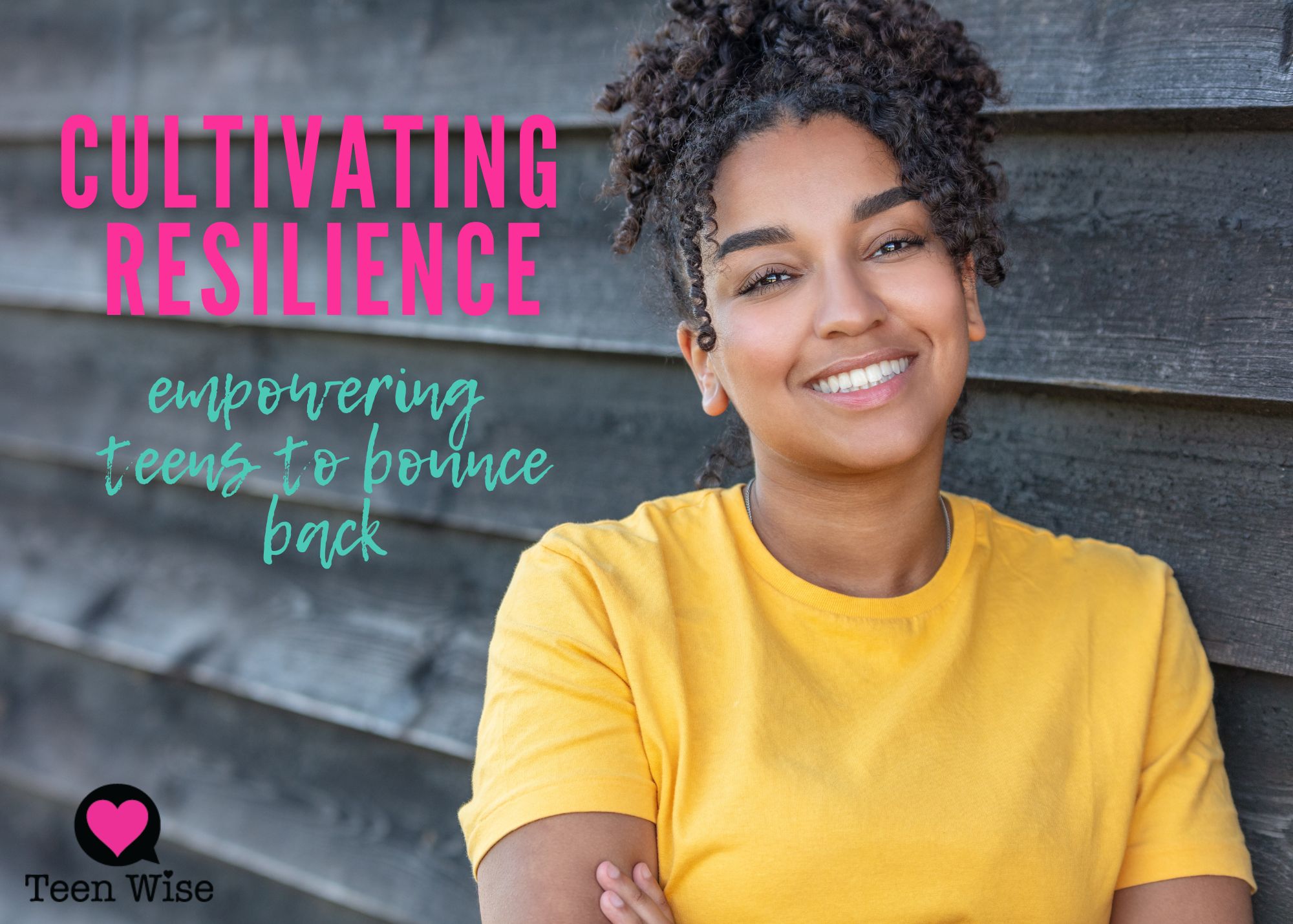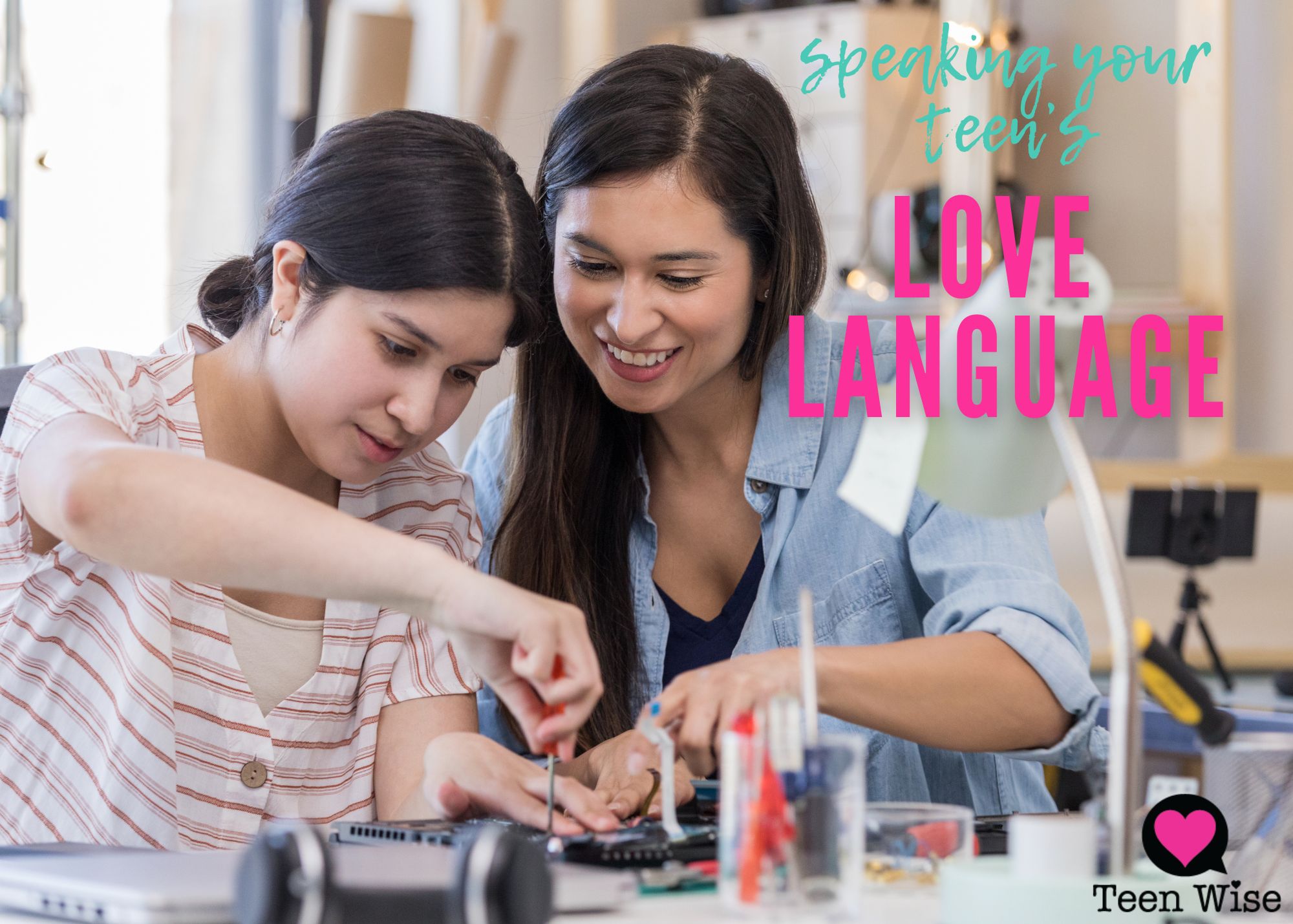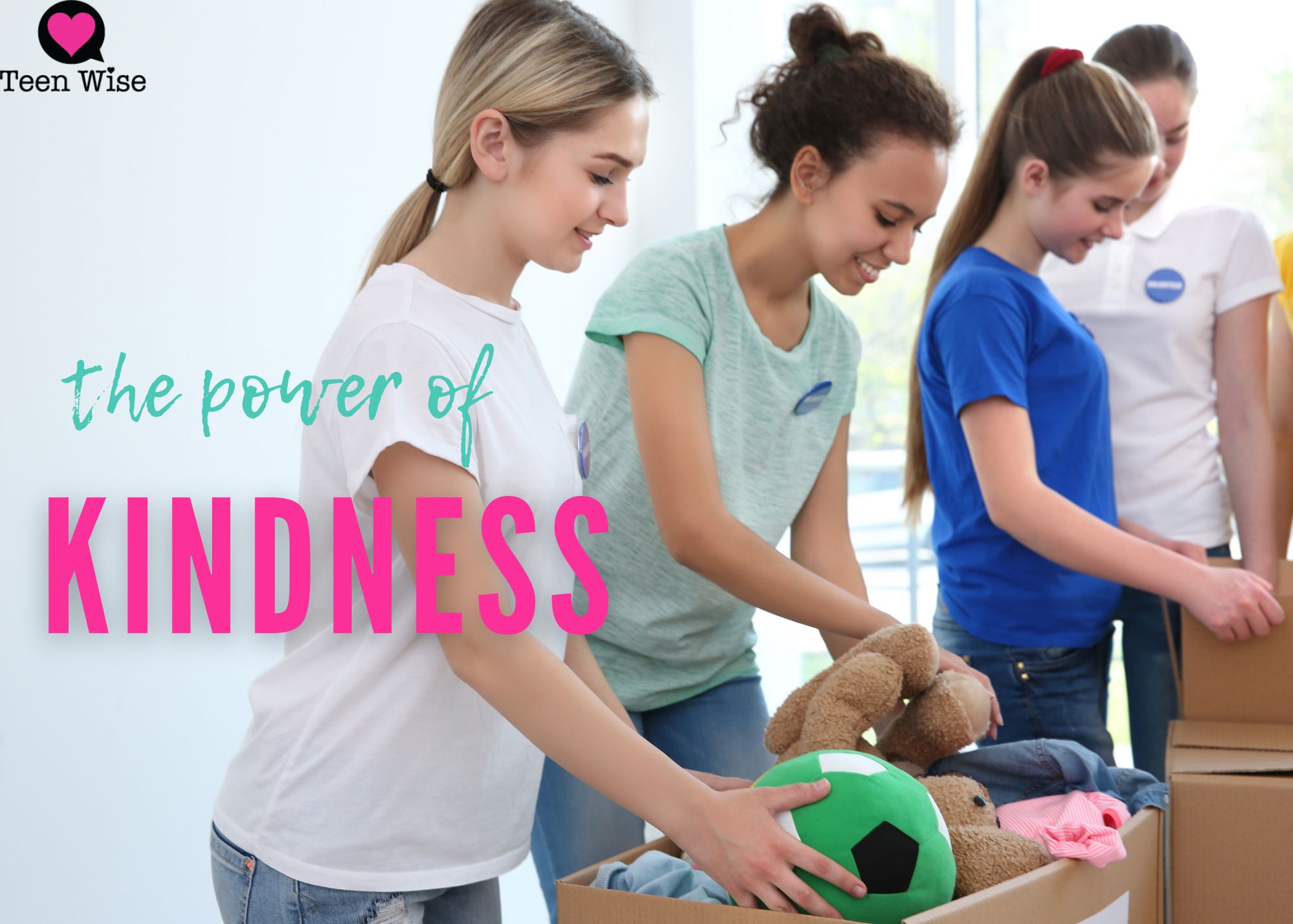Gone are the days when we could protect our children from the atrocities of the world. With the 24/7 news cycle via Twitter, Tumblr, Facebook, Instagram, and even the old ancient TV, our teens are seeing and hearing all about the gun violence that has swept American schools. Most schools now practice lock downs right along with fire, tornado, and earthquake drills. As parents, we can’t shield them from this information or from this reality. That means, we need to step up our game and have a proactive conversation about it.
YOUR REACTION. For parents, when we see violence in a school, it makes us sick to our stomachs. While we feel for the parents and kids at that school, it also makes us question the safety of our own kids. You might think that your child feels the same. However, the statistics show that most children feel perfectly safe at their school despite a rash of shootings. The reason is that kids rarely think that it could happen to them. Let your emotions out in private or with other adults. Your reaction can affect your teen’s reaction.
TALK ABOUT THE REASONS. It is important to talk the reasons that some of these shooting happen. Allow your teen to come up with some of the reasons on their own. Some examples are mental illness, misguided hate, isolation and loneliness, need for notoriety, and extremist beliefs. Remind them to reach out for help or to try and get help for others that may need it. Let them know they can contact their school counselor and local or national hotlines.
PROCESS EMOTIONS. If your child seems emotionally affected by the most current shooting, give them a chance to talk about their emotions. By allowing your kids to process their emotions, they will realize that it is ok to feel sad, angry, anxious or even numbness. All of these emotions are valid. Remind them that these emotions are only temporary, and that there is always a silver lining. Also, refrain from making statements like “You must feel _____.” Allow them to label their own emotions. By talking to them about their emotions, you are also reminding them that they can come to you during difficult times.
FINDING THE GOOD. One thing that we see time and time again is that the goodness of people is always brought out in a time of tragedy. This horrible tragic shooting at Freeman High School is another example. A heroic student attempted to stop the gunman and lost his life in the process. The courageous custodian at the school ultimately took the gunman down and prevented more injuries and deaths. Students comforted each other as they huddled in classrooms and fled from the schools. Remind your teens that the do-gooders in this world far outnumber the bad seeds.
STATISTICS. Although we are seeing horrific acts of violence all too often, remind your teens that school shootings, statistically speaking, do not directly involve a large number of people. Although the number is too high, there are only a few schools involved. Remind them that they are relatively safe in their own school and that these senseless acts of violence are very unlikely to directly affect them.
GIVE THEM AN ACTION POINT. Remind your teens that they are not helpless. If they want to help the victims, they can do so by sending cards to those who remain in the hospital, to the students at the school, or raise or donate funds to aid in the healing efforts.
CARPE DIEM. Although it is a bit cliche, remind your teen to live their life one day at a time and to its fullest. None of us know what our life holds in store for us. Cherish each and every day. [Skip this one if your child is particularly anxious or has obsessive tendencies.]
Parenting is all about conversations. We need to be able to have these difficult conversations with our kids so we can support them through their emotions, let them know we are listening, and comfort them when needed. Good luck with your conversations.
With Heart, Coach Sheri
P.S. This advice is for middle school and high school students. Our elementary school students, especially the younger ones, do not need as much information as older kids. For many it can confuse them and scare them. If your young children ask questions, give them very basic information and keep it specific to the incident. Do not generalize it to their school.
Get the latest updates on our Facebook Community, Click HERE to Join.







